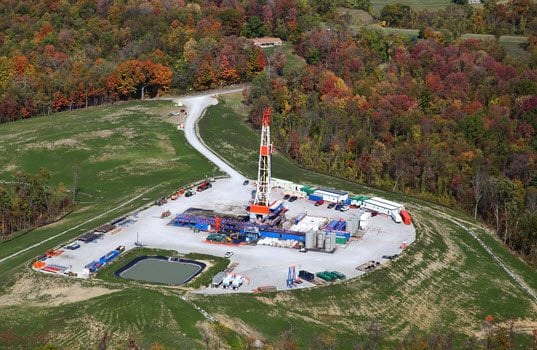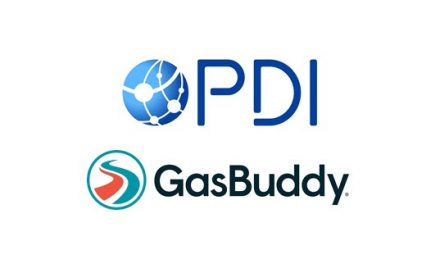API Upstream and Industry Operations Director Erik Milito touted the environmental benefits of hydraulic fracturing in a conference call with reporters today.
“Hydraulic fracturing has allowed us to drill our way to reduced GHG emissions, reduced criteria pollutants, reduced reliance on imported energy, and lower gasoline prices,” said Milito. “This American story is as real as the science is sound.”
In 1999, the Department of Energy identified hydraulic fracturing as an advanced technology that provides environmental benefits in their report entitled Environmental Benefits of Advanced Oil and Gas Exploration and Production Technology.
One year ago this month, a five-year, multi-million dollar report by the U.S. Environmental Protection Agency (EPA) confirmed that hydraulic fracturing is safe, thanks to the effectiveness of state and federal regulations, and current industry practices.
During the initial peer review process, several members of EPA’s Science Advisory Board Hydraulic Fracturing Research Advisory Panel agreed that hydraulic fracturing leads to no widespread, systemic impacts on drinking water resources in the United States. The members agreed that the conclusion is accurate, unambiguous, and supportable with the science and facts EPA has reviewed.
“The EPA’s scientific data backing the safety of hydraulic fracturing is sound, and the analysis is peer reviewed and complete. There is no basis to seriously question the Draft Assessment Report’s main conclusion, and EPA has not identified any major additional research required to confirm it.
“At its core, hydraulic fracturing is an advanced engineering technology, and coupled with horizontal drilling this technology has catalyzed an energy movement in the U.S. that has been witnessed nowhere else in the world.”
API is the only national trade association representing the oil and natural gas industry.









